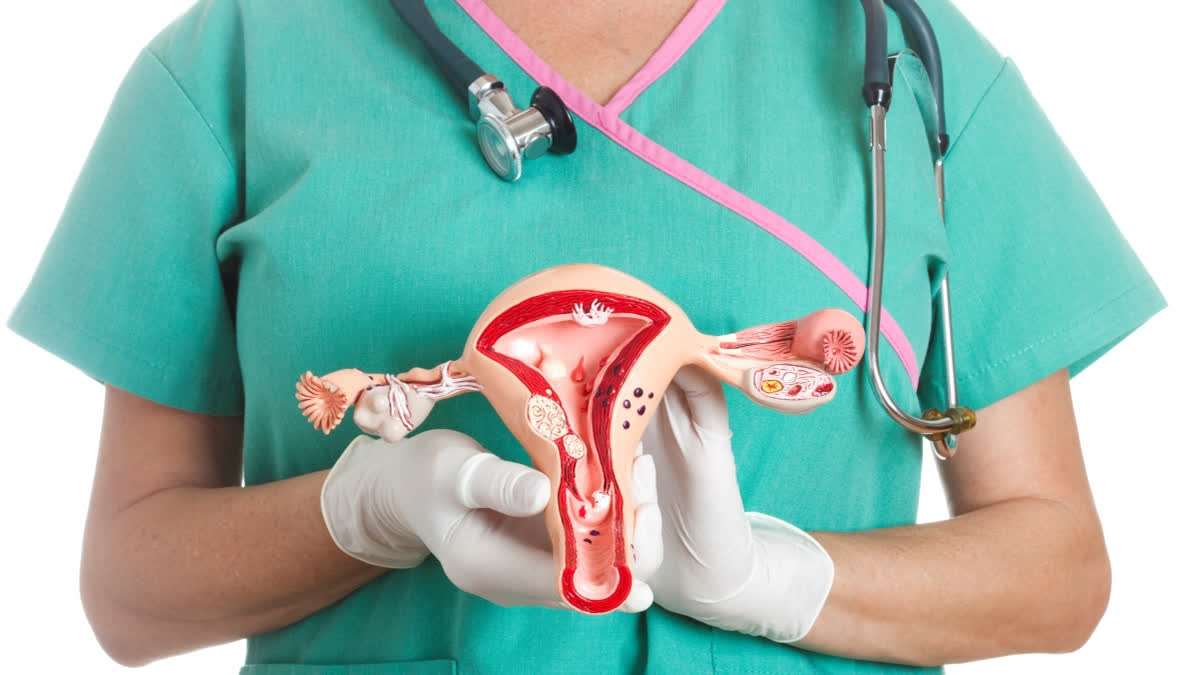Cervical cancer is the second most common cancer among women in India, contributing to one-fifth of the global burden. Many misconceptions surround this disease and its cause, the Human Papillomavirus (HPV). While many believe that HPV is rare, Dr. Madhulika Singh, IVF Specialist at Birla Fertility and IVF in Prayagraj clears that it is a very common virus that infects the majority of the population at some point in their lives.
"While only a small percentage of infections lead to cervical cancer, a vast majority of people contract HPV at some point," says Dr. Singh. She adds that persistent infection with certain high-risk strains is the key factor in developing cervical cancer. This reinforces the importance of understanding HPV and taking preventative measures.
Cervical cancer is not preventable
Many believe that cervical cancer is not preventable however, Dr. Singh assures that it is preventable and is best achieved through the immunisation of girls before they become sexually active. Therefore, the recommended age group for vaccination is 9-14 years for maximum benefit. "HPV vaccines target the high-risk HPV types responsible for most types of cervical cancers. The availability of vaccines like Cervarix, Gardasil, Gardasil 9, and the recently launched Indian vaccine Cervavac offer significant protection," confirms Dr. Singh.
HPV vaccines are only for young girls
The HPV vaccination is not just for young girls and has shown numerous benefits for a much wider age range. While it is most effective when administered to young girls, there are multiple age groups that can benefit from it. The secondary age group for HPV vaccination is even up to 45 years.
HPV vaccines are unsafe and have serious side effects
On the contrary, HPV vaccines are very safe and well-tolerated. Dr. Singh says that in case of any adverse events following, HPV vaccination, the symptoms are generally mild and for short duration. "With over 300 million doses administered globally, there have been no vaccine-related deaths, and the adverse effects are primarily mild. This is because the current HPV vaccines are based on virus-like particles (VLPs) and are not infectious since they lack the virus DNA and cannot cause HPV infection," she explains. Studies on large populations of women have not reported any effect on fertility, autoimmune, and neurological disorders either. Common side effects of the vaccine could include swelling, soreness, redness, itching, bruising, fever, dizziness, nausea, and fatigue. These side effects are mostly mild and subside on their own 3-5 days post-vaccination.
